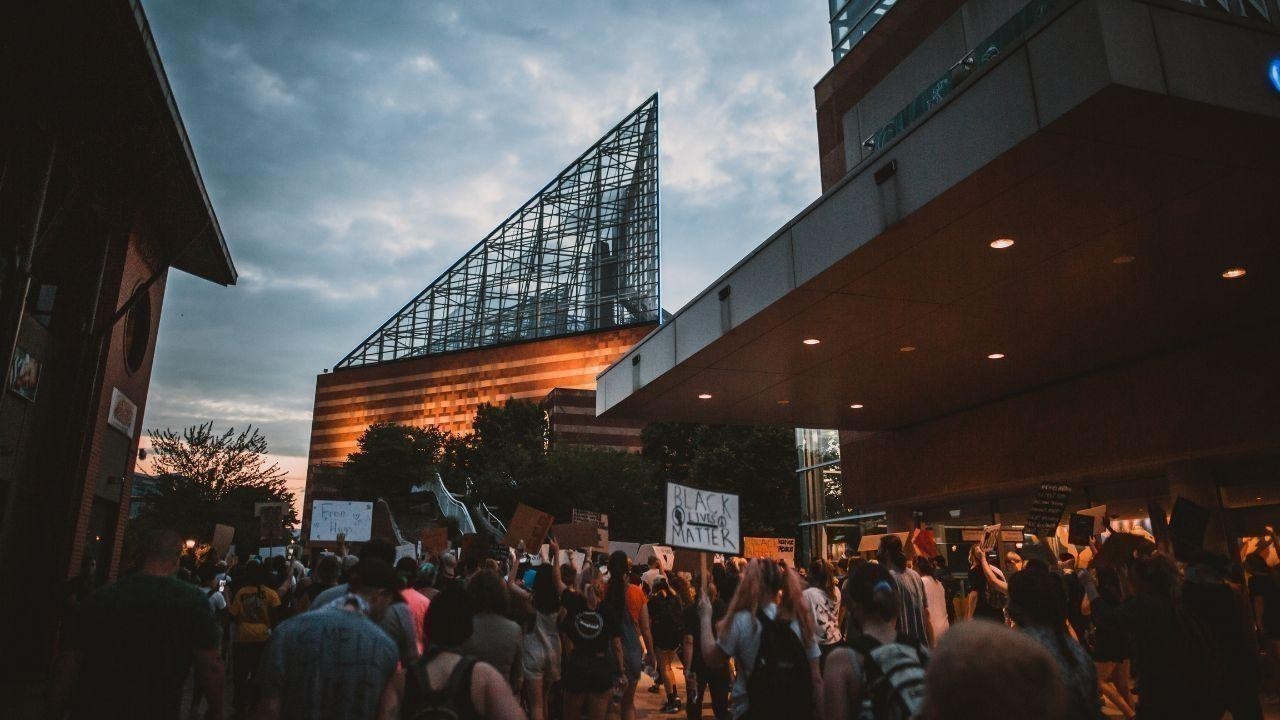
Post by : Zayd Kamal
History is not just a collection of dates and events; it is woven into the fabric of our societies through stories passed down through generations. These stories, often rooted in fact, are crafted into narratives that influence how we remember the past. The influence of historical stories in shaping collective memory is a crucial element in how societies maintain their identity, learn from the past, and understand their present.
Understanding the significance of these stories in shaping collective memory can shed light on the power of storytelling, its emotional connection to people, and how it has been used throughout time to shape nations and cultures. In this article, we will explore the role historical stories play in molding our memories and identities, and how they continue to influence society today.
Collective memory refers to the shared pool of knowledge and information in the memory of a group of people. Unlike individual memory, collective memory is shaped by social, cultural, and political factors and is often influenced by key events, experiences, or stories that are passed down through generations. This memory is not static; it evolves over time as new stories are integrated, and as the group’s needs or identities change.
These memories are preserved and communicated through various means: oral traditions, literature, media, monuments, museums, and even in the education system. Over time, the version of history that becomes dominant is largely shaped by the stories told about past events. These narratives can emphasize certain aspects of history while minimizing others, ultimately influencing how societies view their past and, by extension, their present and future.
One of the most powerful ways historical stories influence collective memory is through their impact on identity. The stories societies tell about their origins, their struggles, their heroes, and their victories define who they are as a group. For example, in the United States, the narrative of independence from Britain and the civil rights movement has shaped the nation’s identity around freedom, equality, and resilience.
Similarly, many cultures maintain strong national identities through folklore and myths that recount the bravery, wisdom, and values of their ancestors. These stories create a sense of unity, community, and pride among people, fostering a collective understanding of their shared past. Whether it’s the story of the founding of a country, the heroism of a war, or the triumph of overcoming oppression, these stories bind generations together and establish a shared sense of belonging.
Historical narratives are not merely educational—they are also deeply emotional. The stories that persist through time often have an emotional component that makes them memorable and impactful. The influence of historical stories in shaping collective memory lies in their ability to evoke emotions like pride, fear, joy, and sorrow. These emotions make the events more relatable and humanize historical figures and moments, transforming them into legends that people can connect with.
The way stories are told is also important. Often, they are retold through the lens of the storyteller’s perspective, which can add layers of interpretation and meaning. Take the case of war stories, for example. Depending on the perspective—whether from the point of view of a soldier, a civilian, or a government leader—the narrative may shift, and the moral lessons learned from those events can differ. Over time, as these stories are told repeatedly, they gain a particular narrative structure that reinforces certain values and ideals.
While storytelling is central to the formation of collective memory, physical spaces like monuments and museums also play a significant role in preserving historical narratives. Monuments, statues, and memorials serve as visual representations of key historical events and figures. They are constant reminders of the past, ensuring that future generations do not forget their shared history.
For example, the Berlin Wall memorial in Germany stands as a testament to the division of East and West Germany, and the Holocaust memorials across Europe preserve the memory of those who suffered during World War II. These physical landmarks act as collective reminders of important moments that shaped nations, making it impossible to erase or ignore their impact.
Additionally, museums and documentaries help shape our understanding of history by presenting curated narratives that emphasize certain aspects of the past. Through exhibits, images, and storytelling, they shape the way we perceive historical events and people. The media, too, is a modern tool for reinforcing or challenging collective memory. News reports, films, and books continue to add layers to the historical record, shaping how the past is understood by the present generation.
Over time, the collective memory of a society can evolve. As new generations come of age, they may reinterpret or challenge the historical stories they inherit. This evolution can be seen in how history is taught in schools, how historical events are portrayed in the media, and how people relate to the past.
In recent years, movements to address historical injustices, such as the Black Lives Matter movement in the United States, have sparked a reevaluation of the historical narratives that have long been accepted. This has led to a more inclusive understanding of history, where marginalized voices are heard, and previously overlooked events are brought to the forefront. For example, the stories of indigenous peoples and their role in history are increasingly being recognized and included in national conversations.
Summary: Historical stories are a key component in shaping collective memory and identity. These stories help preserve history and foster connections among people by creating shared experiences. From emotional storytelling to monuments and museums, the narratives we pass down influence how we view the past, understand our present, and guide future generations.
Disclaimer: This article is for informational purposes only and reflects an exploration of how historical stories impact collective memory. The opinions expressed are based on general observations and may not reflect every perspective.
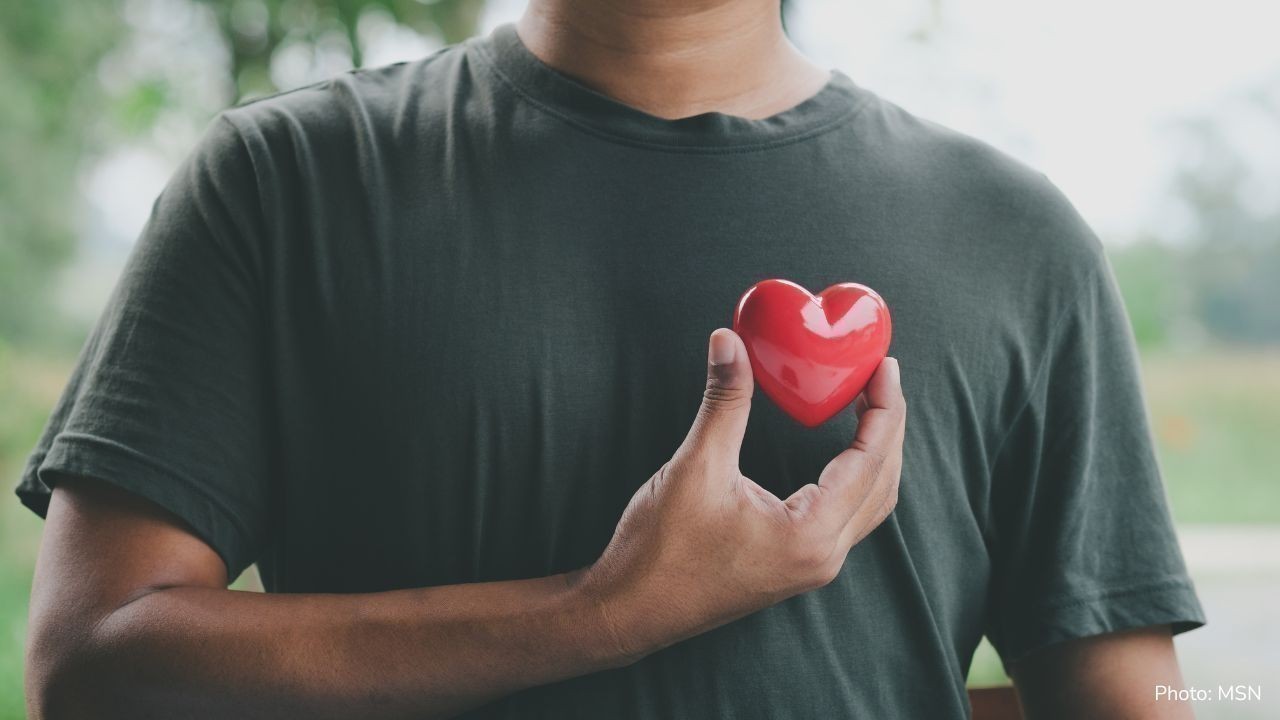
Want to live longer? Heart surgeon shares 5 daily habits that protect your heart and extend your life
A heart surgeon explains five daily habits to keep your heart healthy, reduce disease risk, and help

Aloe Vera Juice vs Coconut Water: Which is better for hydration?
Aloe vera juice and coconut water are healthy drinks. Experts explain which is better for hydration,

Are you over-exercising? Signs that you should hit pause
Exercising too much can harm your body. Learn the signs of overtraining and how to rest safely for b

Feeling tired all day? Doctor warns it can be a sign of iron deficiency, suggests ways to boost iron levels
Feeling constantly tired? Low iron may be the cause. Doctor explains signs of deficiency and shares
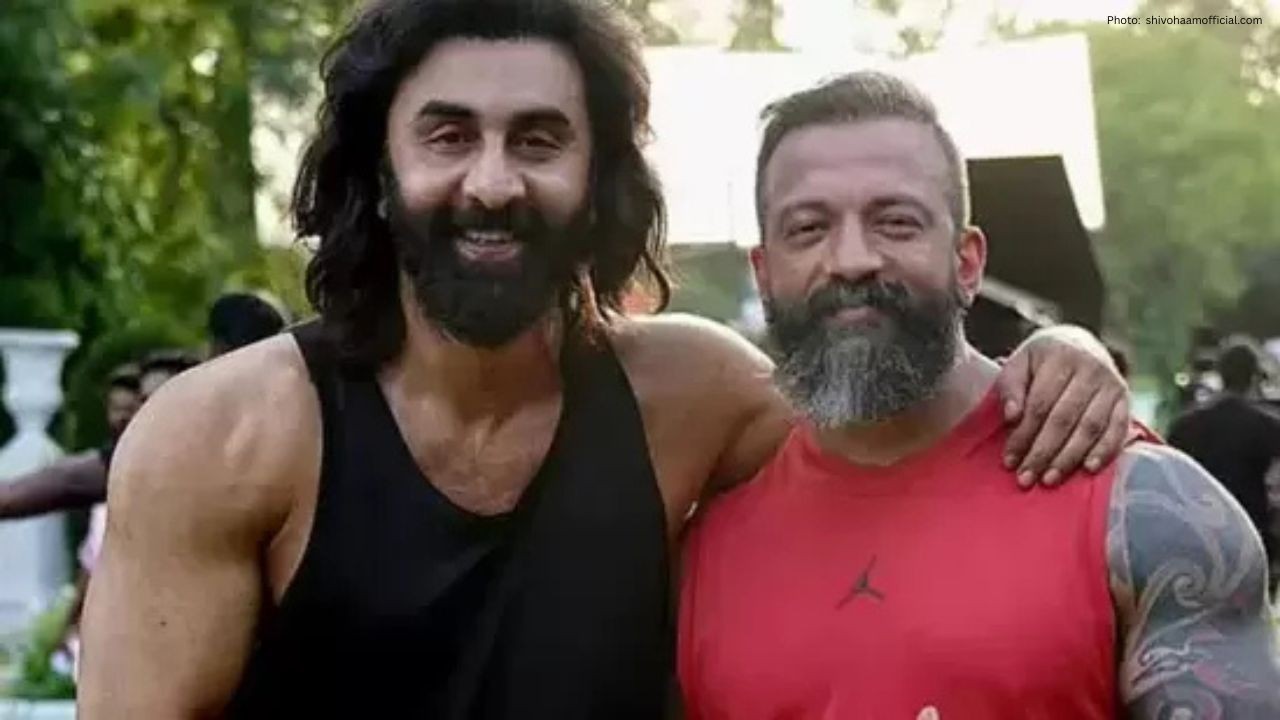
Ranbir Kapoor’s Fitness Coach Says All Calories Are Not Equal, Explains How Metabolism Shapes Weight Loss
Ranbir Kapoor’s fitness coach explains how calories from sugar and protein affect the body different
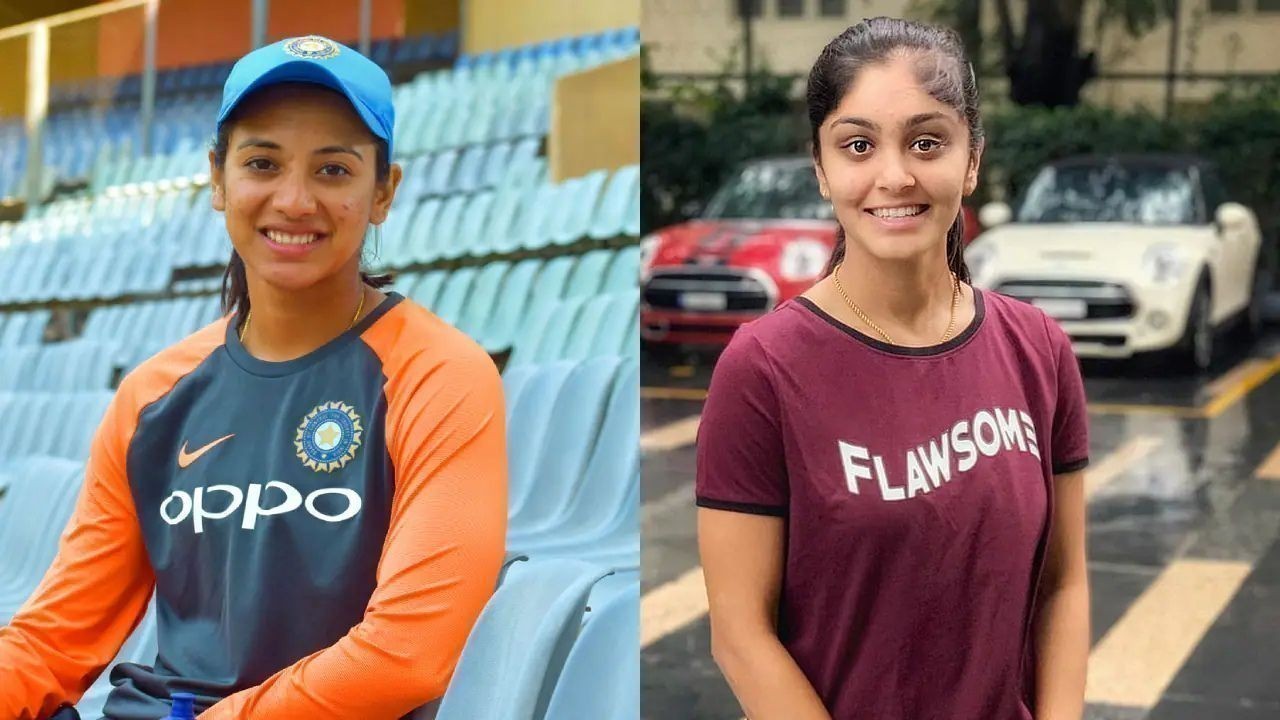
Smriti Mandhana to Harleen Deol: The most stylish star cricketers of Indian Women's Cricket Team
From Smriti Mandhana to Harleen Deol, explore the fashion and style choices of India’s women cricket

Dermatologist explains which social media skincare trends actually work
From Vaseline slugging to ice facials, dermatologist Dr Aparajita Lamba reveals which viral skincare

Zohran Mamdani Victory Speech Goes Bollywood with Dhoom Machale
Zohran Mamdani wins NYC mayor race, becoming the city’s first Muslim and South Asian mayor, making h

UAE Life High Stress 3 Simple Ways Expats Can Manage Pressure
Expats in the UAE face daily pressure and burnout Learn 3 simple effective ways to manage stress fin

Smart Meal Prep in Dubai Save Money Stay Healthy
Plan smart eat fresh Discover how meal prepping in Dubai helps you save money eat healthy and enjoy
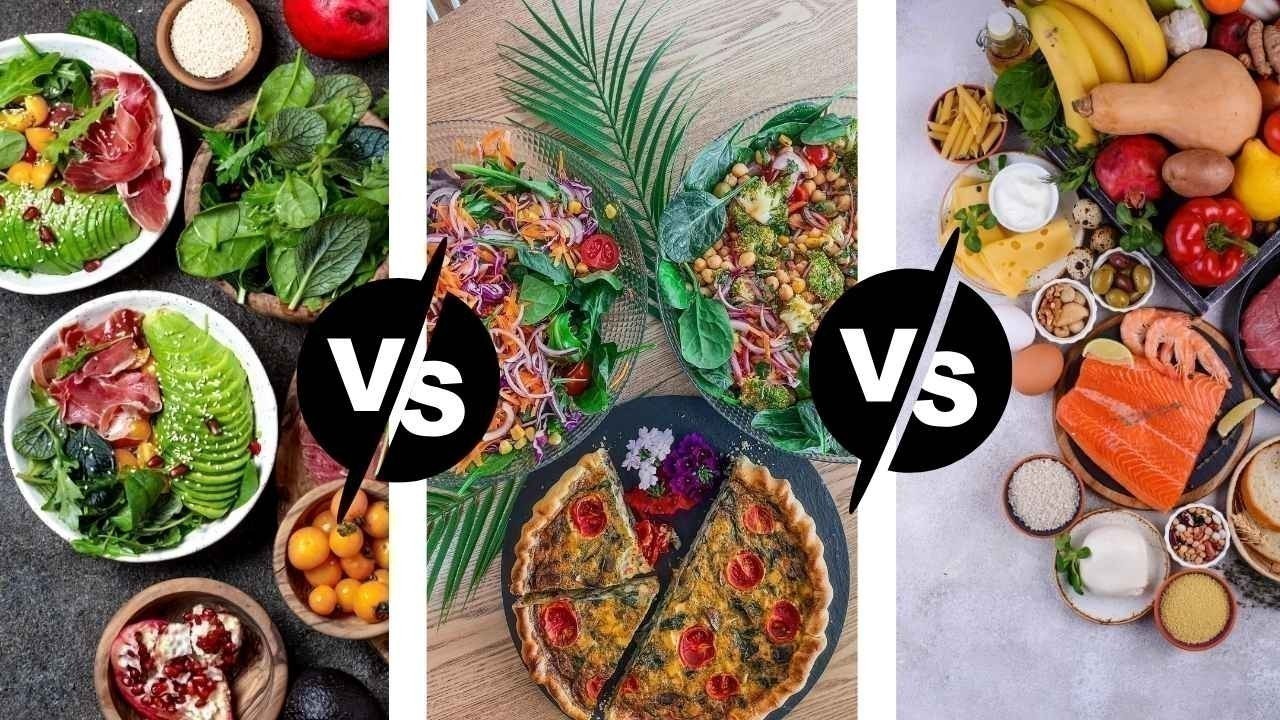
The Ultimate Guide to Dieting in Dubai Keto vs Vegan vs Mediterranean
Discover Dubai’s top diet trends Keto Vegan and Mediterranean Find which plan fits your lifestyle f

Stay Fit in Dubai 7 Fun Outdoor Workouts Without a Gym
Explore 7 fun ways to stay fit in Dubai from beach runs to desert hikes and skyline yoga No gym nee
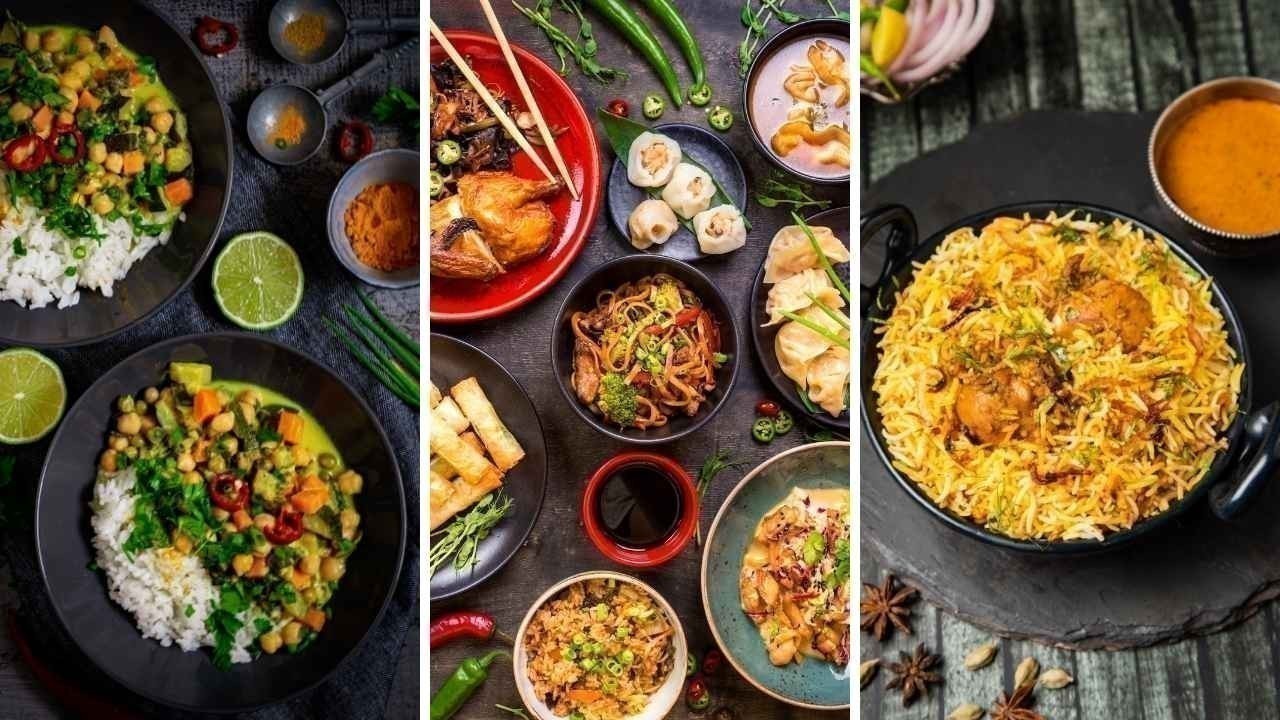
Beyond Biryani: Mastering Portion Control in Dubai’s Melting Pot of Cuisines
Discover how to enjoy Dubai’s diverse cuisines wisely Learn simple portion control tips to stay heal
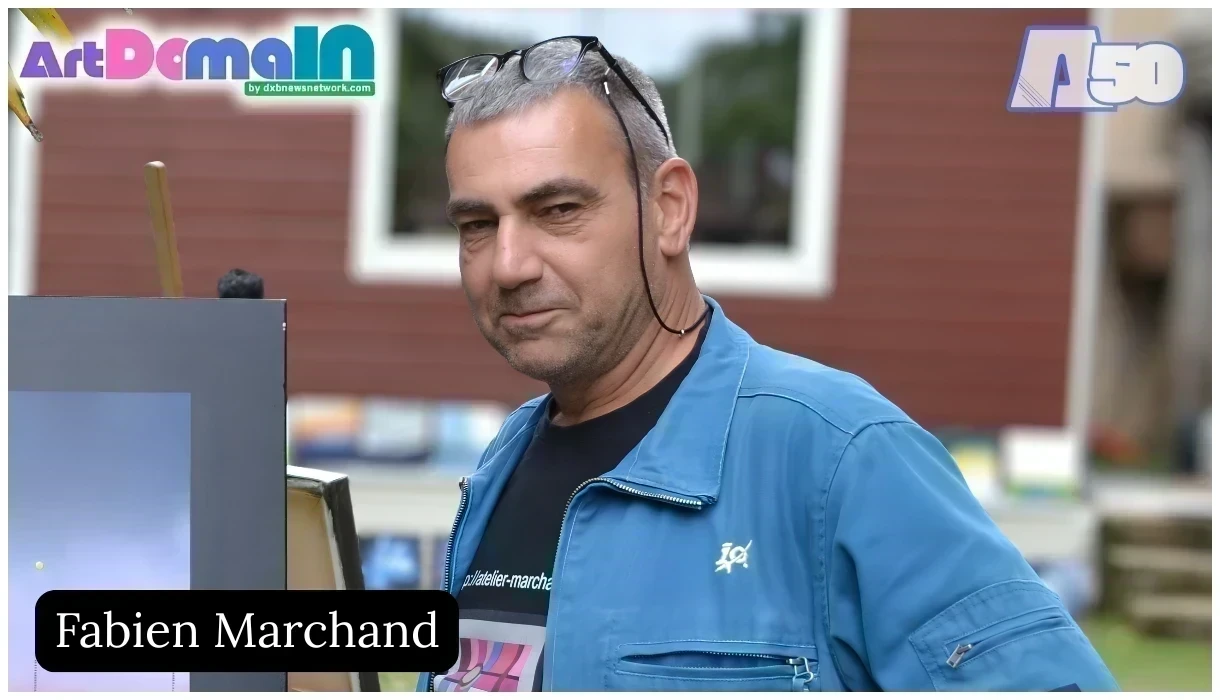
Fabien Marchand — The Infinite Brushstroke of Freedom
French artist Fabien Marchand explores freedom, color, and emotion through his evolving art — bridgi

Dubai’s Healthy Food Revolution 5 Global Wellness Trends Transforming the City
Discover how Dubai is embracing a global wellness wave with plant based diets organic food and smart